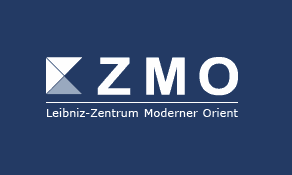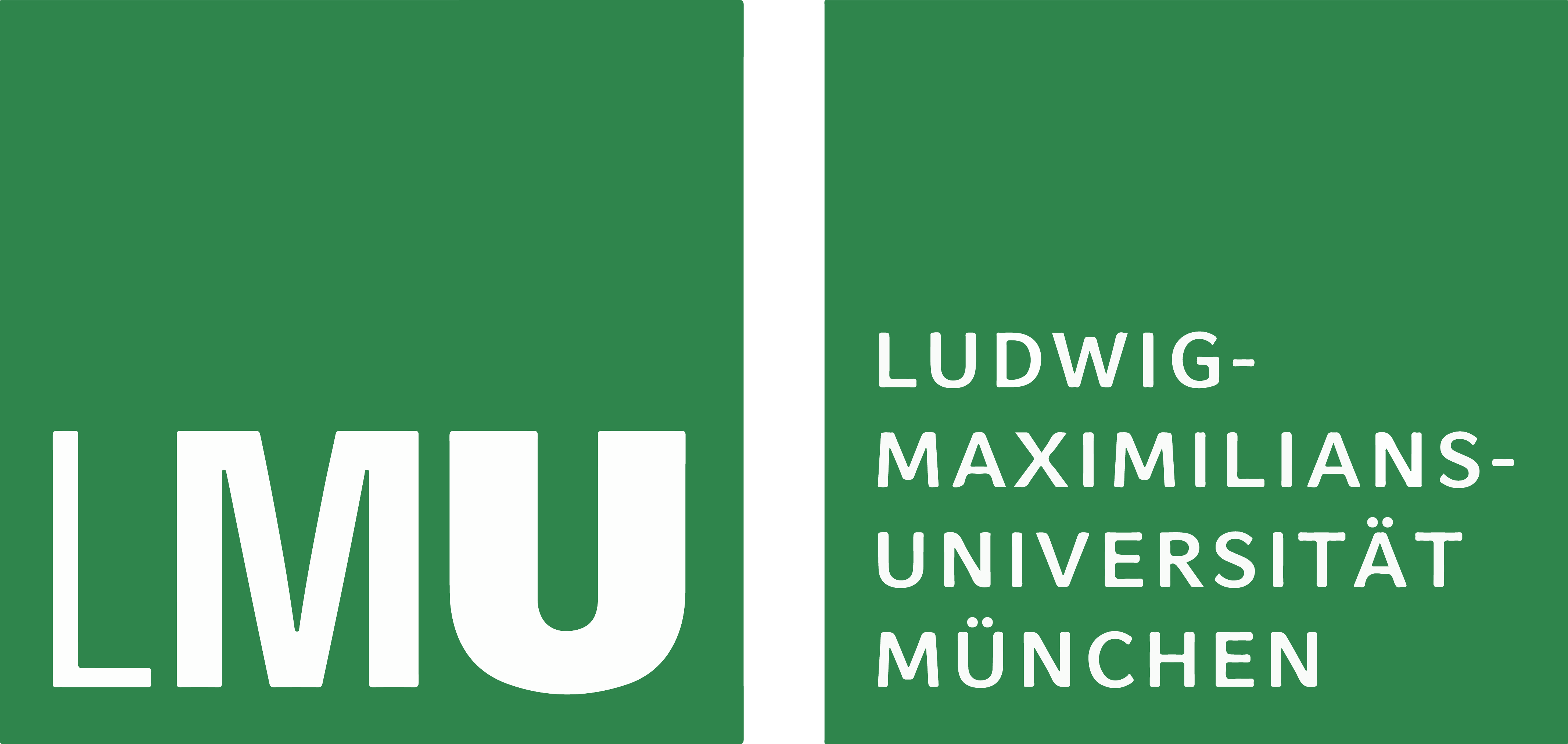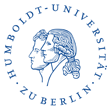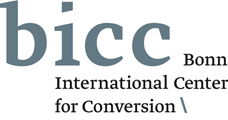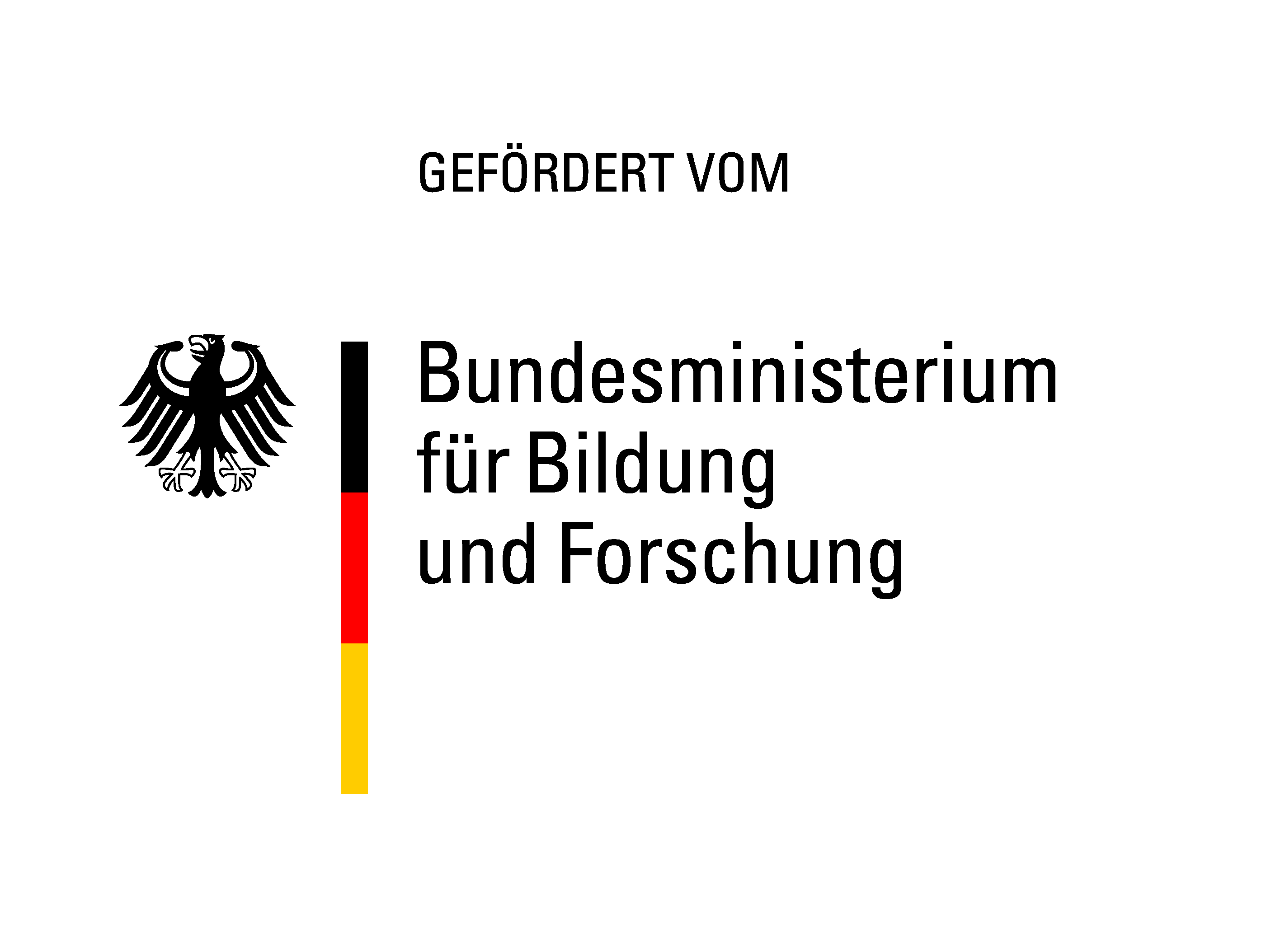Rethinking Asian Studies: Spaces, networks and flows
Crossroads Asia Lecture by Prof. Willem van Schendel, 27 October 2015 in Berlin
The lecture will start at 12pm c.t. at Freie Universität Berlin, Geo-Campus Lankwitz, Malteserstr. 74-100, House G, Room 202
Prof. Willem van Schendel is a professor and a researcher at the University of Amsterdam (Chair in Modern Asian History) and at the International Institute of Social History, dealing with borderlands and the social consequences of the mobility of people and goods, as well as with Mobile cash-crop production systems and trajectories of globalization as his main foci.
Abstract of the lecture:
Inter-Asian connections coexist with many inter-Asian disconnects. The networks that shape the lives of billions of Asians develop, fragment and recombine continually. A more systematic understanding of these dynamics is indispensable for the future of Asian studies.
We know much about the vast and long-lived networks that historically drew large parts of Asia together. Such key networks sustained the spread of Buddhism and Islam, the creation of Sinitic and Sanskritic script communities, the rise of empires, and patterns of mass migration and long-distance trade. Understanding these is imperative for anyone wishing to sketch the broad contours of inter-Asian connectivity today.
But these connections hardly provide a full picture. Attention to large networks and sweeping interconnections should not impede the exploration of finer details and more quirky linkages, not least because the major inter-Asian networks bypassed many parts of Asia. How did and do these parts connect to other regions?
I use the example of an Asian society that was barely involved in the sweeping interconnections to argue for a repositioning of the study of Asia that goes beyond simply linking the core concerns of ‘area studies.’ This society sits astride two major Asian regions: South Asia and Southeast Asia. The literature constructs it as isolated and, until very recently, without important external connections.
I challenge this view and try to demonstrate the remarkable fluidity of inter-Asian networks and how they recombine in unexpected ways. Paying closer attention to such recombination can advance the study of Asia. Unpredictable networks radiating from the ‘fault lines’ of Asia knowledge – from the borderlands between the conventional regions of area studies – can provide a starting point.
Find the invitation to the lecture here.

